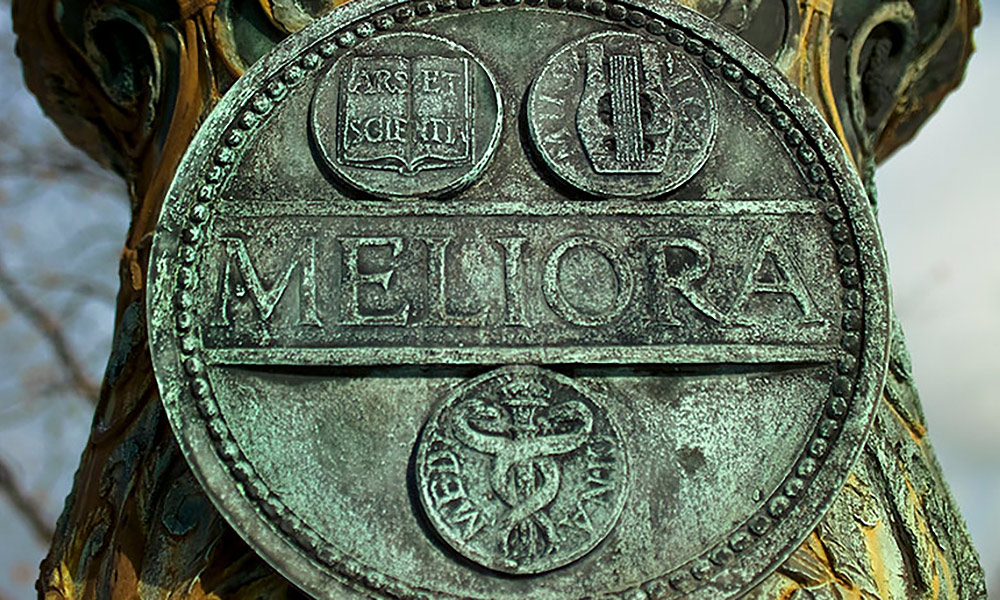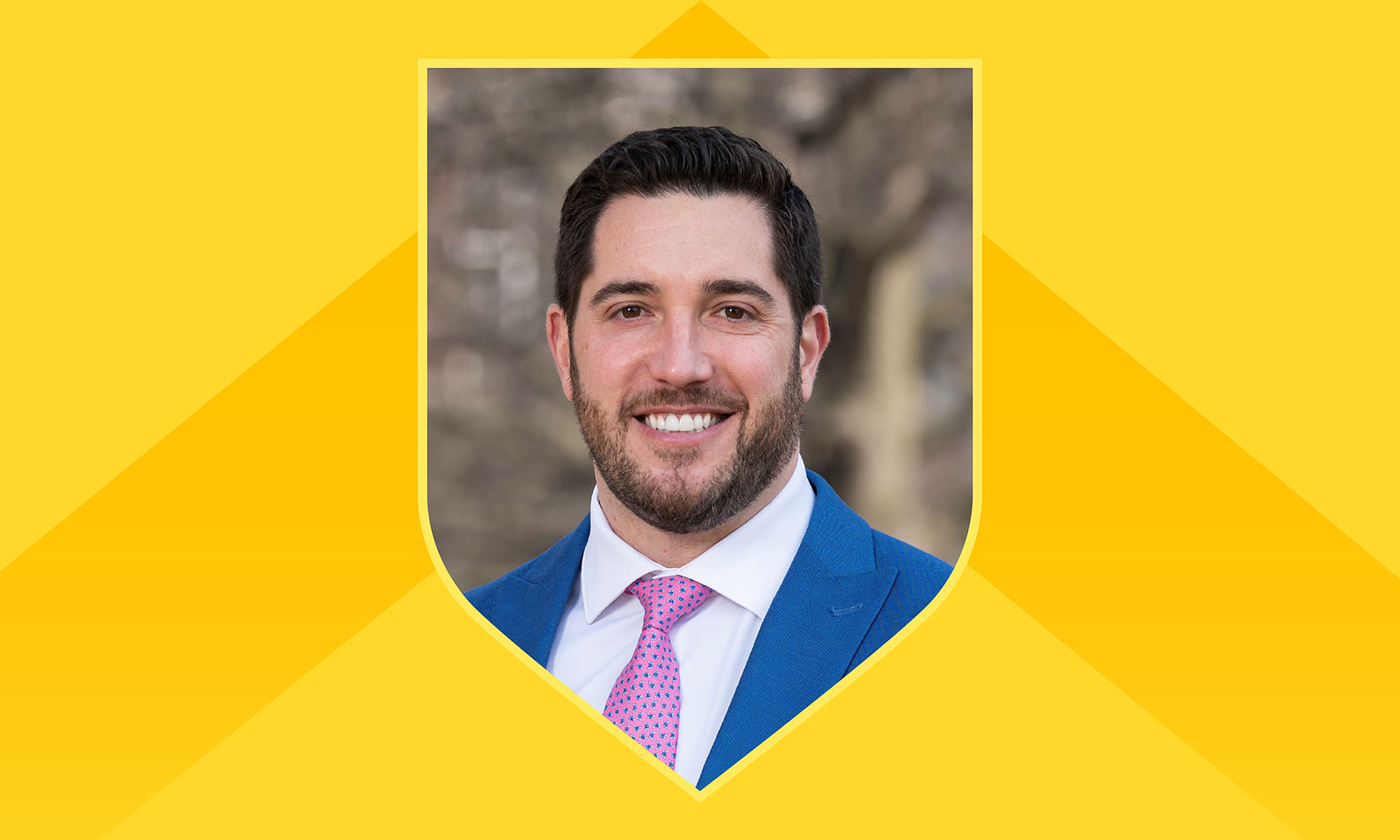On October 19, the University of Rochester joined forces with several other leading research universities to file a federal lawsuit against the Department of Labor (DOL) and the Department of Homeland Security (DHS) in the U.S. District Court for the Northern District of California, challenging “fast tracked” H-1B visa regulations announced on October 8 as unlawful. These rules will make it much more difficult for universities and other employers to hire and retain skilled foreign employees to work in the U.S. under the H-1B visa program and some legal permanent resident status categories.
The DOL rule was immediately effective on October 8, and the DHS Rule is rue is set to become effective December 7, 2020. The University of Rochester as a plaintiff is seeking an injunction to rescind them both. The lawsuit challenges the unnecessary “fast tracked” approval process of these rules that occurred without an appropriate notice and comment period, and also challenges the substance of the rules as arbitrary and capricious for a number of reasons.
H-1B visas allow some of the world’s most talented faculty, postdoctoral associates, and research scientists the opportunity to come to Rochester and other research universities to teach, conduct critical research, and practice medicine. The H-1B visa has traditionally been issued to highly skilled workers with expertise in one or more specialty fields—often in STEM fields—who want to come to the US to work temporarily. Narrowing eligibility for H-1B skilled employment visas can quickly cause an enormous loss of productivity, creativity, and innovation at research universities across the U.S.
The “DHS Rule,” Strengthening the H-1B Nonimmigrant Visa Classification Program, makes sweeping changes to H-1B eligibility by tightening the category of individuals who will qualify, based on how an individual’s area of study aligns with their future position. The University and the other plaintiffs believe the “DOL Rule,” Strengthening Wage Protections for the Temporary and Permanent Employment of Certain Aliens in the United States, is designed to, in effect, abolish the entire H-1B system by raising the minimum wages employers must pay these visa holders to artificially high levels—wages that vastly exceed what comparable domestic workers are paid.
The rules also apply to individuals who currently hold H-1B visas seeking to renew their status. Potentially tens of thousands of H-1B highly skilled workers would be ineligible to renew their visas and would be forced to leave the U.S.
The University of Rochester has joined several other research universities in this lawsuit, including Cornell, Stanford, Caltech, USC, and the University of Utah. In addition to the academic institutions, numerous trade associations are plaintiffs, including the U.S. Chamber of Commerce and the Presidents’ Alliance on Higher Education and Administration.
This lawsuit marks the second time in the past year that the University of Rochester has participated in a legal challenge to proposed immigration regulations or rules that present significant hurdles for members of its international community to study or work in the U.S. In July, the University joined an amicus brief in support of the federal lawsuit that Harvard and MIT brought against the U.S. Immigration and Customs Enforcement’s proposal to restrict the majority of international students from taking online-only courses at U.S. colleges and universities during fall 2020 semester. On July 14, 2020, ICE withdrew its proposal, which was a major victory for international students currently studying at Rochester and all over the country.





